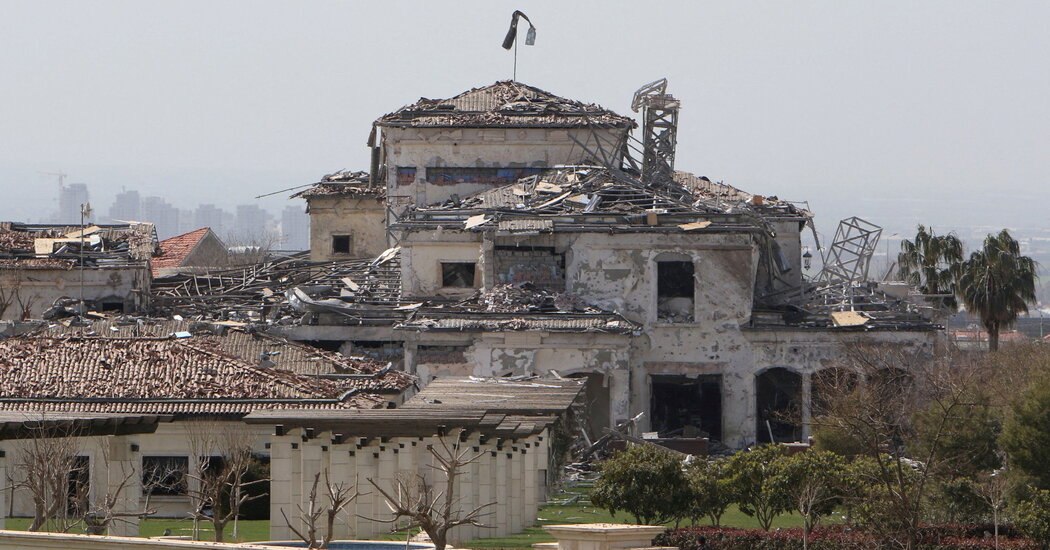
The Iraqi president, Barham Salih, who is Kurdish, said the timing of the attack was aimed at obstructing the process of government formation. “We must stand firmly against attempts to plunge the country into chaos,” he said in a statement.
Since the U.S.-led invasion of Iraq in 2003, Iran has expanded its security, political and religious influence in the country by funding and training militia groups, some of them with political wings. Over the years, those fighters have battled American troops, Sunni insurgents and the militants of the Islamic State.
Iran has said that its goal is to drive the U.S. military out of Iraq entirely, even in its current role of providing advice and assistance to Iraq’s military without engaging in combat. In the past few years, many Iraqis have pushed back against Iran’s influence, seeing it as foreign meddling destabilizing their country.
Shortly after the attack on Sunday, social media and Telegram accounts affiliated with the Revolutionary Guards posted videos that showed missiles setting off a massive fireball and a giant plume of smoke. Tasnim News Agency, which is affiliated with the Guards, said that in addition to the dozen missiles, 14 BM-21 Grad rockets also struck targets in Erbil.
The governor of Erbil province said two civilians were slightly wounded in the assault. A spokesman for the regional government, Lawk Ghafuri, said that the missiles had not hit the consulate site, but that they landed near it. A Kurdish satellite television network, K24, reported that its offices on the same road had been struck. It posted photos of offices and hallways with collapsed ceilings.
The Revolutionary Guards had threatened to retaliate for the Israeli strike in Syria. The two members of the Guards killed in the strike played a key role in Iran’s attempt to provide Hezbollah with assistance that would make its rockets and missiles much more accurate, according to a senior Israeli defense official. The Israeli defense establishment has called on units to upgrade their alert status, mostly in the air force and intelligence in light of the threats of retaliation by Iran.
News outlets and social media accounts affiliated with the Guards also said the strike occurred around 1:30 a.m. local time, the same time that Maj. Gen. Qassim Suleimani was killed by an American drone strike in January 2020. Days after the general was killed, Iran retaliated with missile strikes on an American base in Iraq, injuring about 100 U.S. military personnel.




